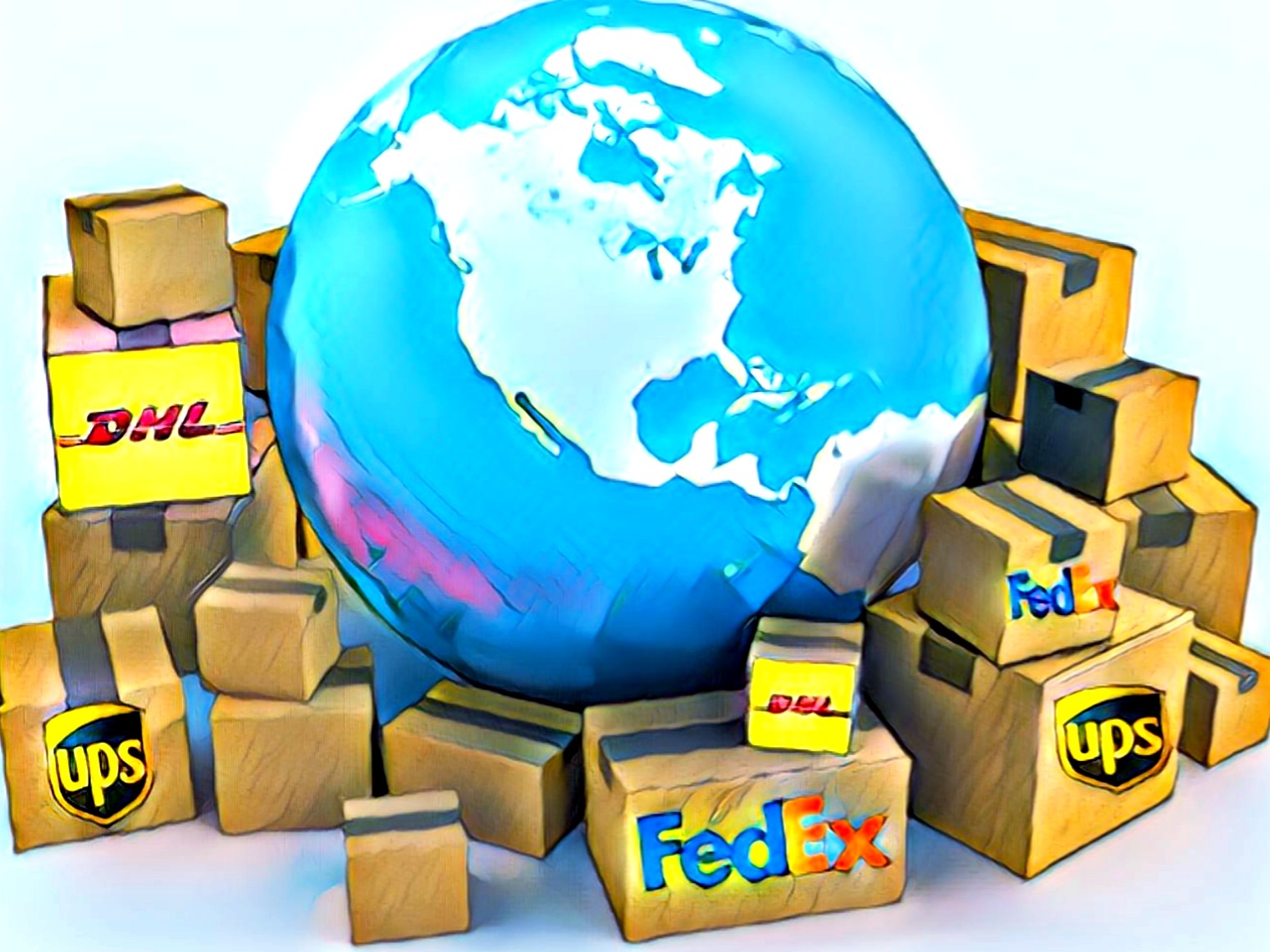During a panel discussion at the recent Blockchain Global Revolution Conference in Toronto Canada, FedEx CIO Rob Carter called on governments to implement mandated blockchain standards for the international shipping industry.
This, he says, would enable authorities to better track the provenance of goods and help to combat the trafficking of counterfeit items and illegal goods.
Moving Toward a Digital World
While Carter says FedEx is not an organization to push for more regulatory control, he believes mandated blockchain standards would be incredibly helpful, as they would digitize the information-packed paper trail.
Explaining more, he said:
There’s an incredible amount of information moving with an international package. An incredible amount of paperwork [such as] certificates of origin, and certain commodities require specific licenses. That information moves sometimes in digital forms and sometimes paper forms. As we move toward a more digital world, blockchain is where you piece all that together.”
Moreover, he emphasizes that blockchain technology is far superior to the current digitized documentation transfer systems, which use 60-year-old technology that doesn’t present real-time information.
Carter believes that if the shipping industry were to adopt a standardized blockchain solution, it would create a level playing field that benefits the entire industry, while moving away from proprietary systems.
International Shipping Giants Join Forces
Not only is FedEx in favor of a standardized blockchain solution for the shipping industry, but DHL Express and UPS are in favor as well. The 3 shipping conglomerates have joined forces as part of Blockchain in Transport Alliance (BiTA), an industry organization with more than 500 members.
Shipping companies have a vested interest in standardized blockchain technology for the tracking and managing of information because no one company completes customer supply chain shipments by itself.
For example, a company may use DHL to ship parts to Germany where they will be assembled, and then ship the assembled parts to Latin America using FedEx. Then a third shipper such as UPS might ship the completed product to the United States.
Therefore, a standardized blockchain would allow for the seamless tracking and flow of information between different shippers and governments, resulting in simplified, more transparent, and trustworthy shipping processes at reduced costs.
Will Governments Mandate Industry-Wide Blockchain Adoption?
According to FedEx Logistics CEO Richard Smith, who also spoke on the panel, governments want to combat the trafficking of counterfeit and pirated goods, and they discussed with FedEx, among others, about how to do this.
Smith maintains that the solution is blockchain. However, the governments expressed concern that still hasn’t been widely adopted yet.
To this Smith said:
“‘You’re the government. You can mandate that it’s widely adopted.’ Why not plant a flag in the ground and say in the next five years all importers have to be up on blockchain? It’s the only way you’re going to be able to do it without slowing commerce to a crawl.”
While governments are generally slow to implement change, shipping industry leaders are pushing for this to happen sooner than later. If a standardized and mandated blockchain system is implemented, it would be one of the first cases of mainstream adoption that could lead the blockchain industry forward in a big way.
Do you think governments will mandate blockchain adoption for the international shipping industry? If so, would it catalyze mass adoption of blockchain technology and cryptocurrency? Let us know what you think in the comment section below.

